-
Cutaway Houses In Picture Books
Cutaway illustrations are described by engineers and architects as ‘sectional axonometric’ drawings. They exist to show the viewer the inside of an object, with emphasis on its parts. In picture books for children, the cutaway illustration is quite often educational in its intent, for example to show the reader the inside of an object of […]
-
Progressive Narrative Art
Progressive narrative in artwork describes a single scene in which characters do not repeat. However, multiple actions are taking place in order to convey a passing of time in the story. There are 7 main categories of narrative art. Narrative art is art which tells a story. Monoscenic — represents a single scene with no repetition of characters and only one action […]
-
Frogs and Toads in Art and Storytelling
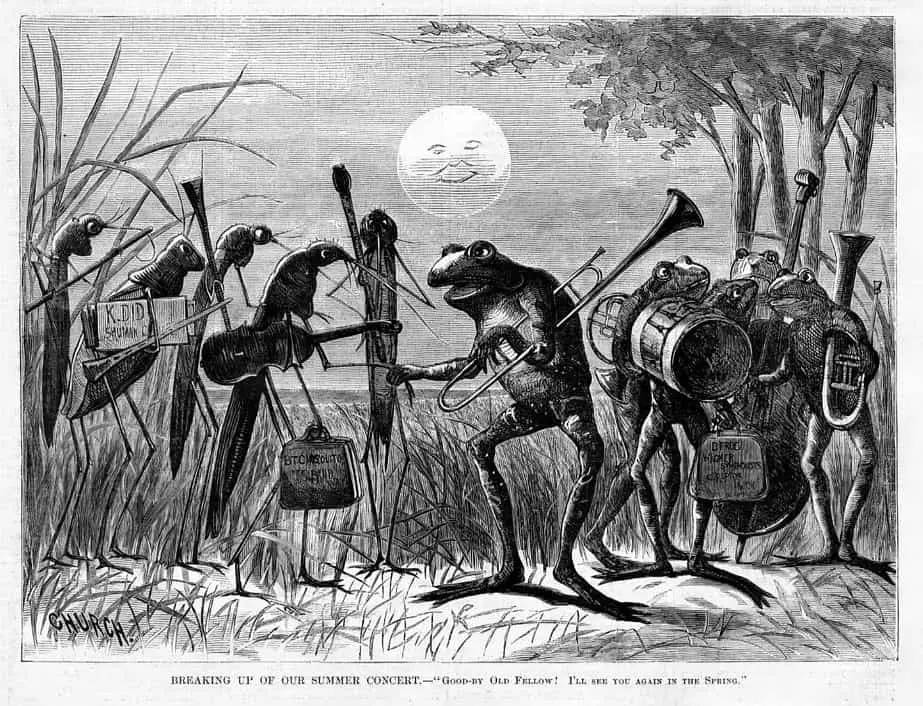
In stories, mice are to rats as frogs are to toads. Unlike hares and rabbits, toads and frogs are actually the same category of animal, but one has garnered a better reputation. I’ve heard ‘toad’ used as an insult, but I’ve only ever heard ‘froggy’ to describe the shape of someone’s mouth. Neither is especially […]
-
The Influence of Lotte Reiniger
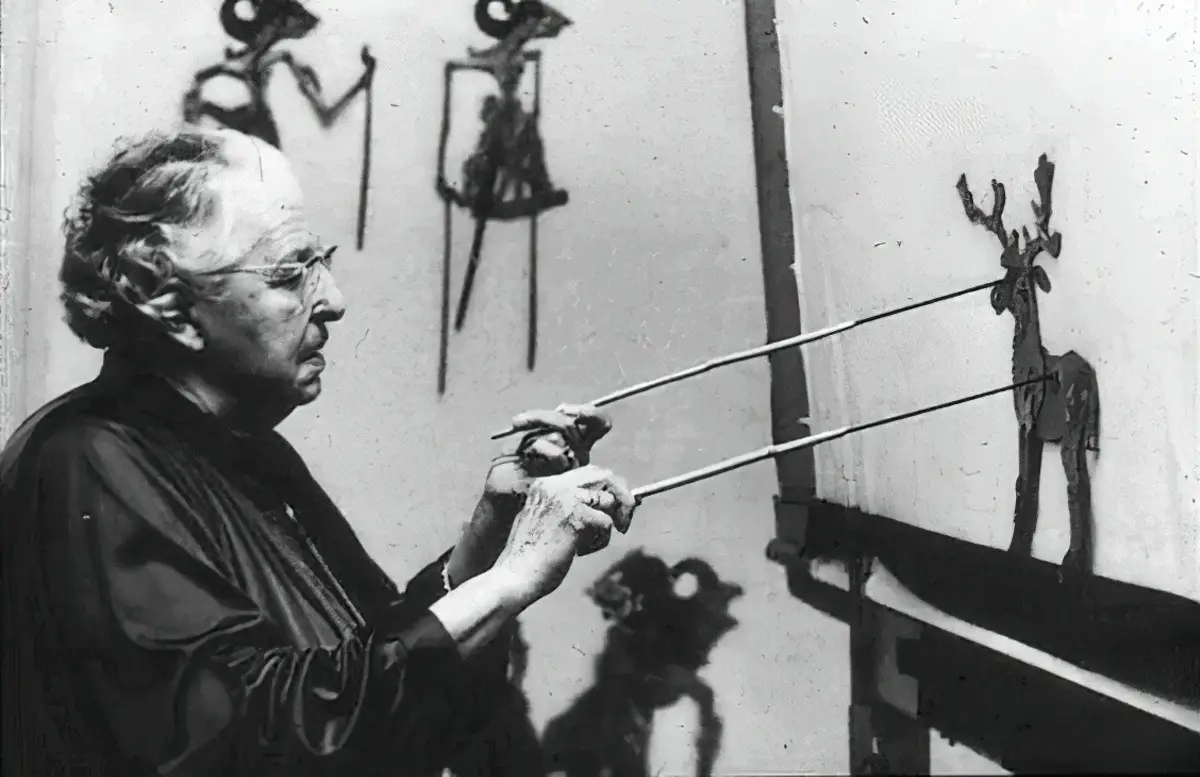
Lotte Reiniger (1899 – 1981) was a German animator who should be more widely remembered for her influence on art and animation. Reiniger was a pioneer of silhouette animation. She made over sixty films. Eleven are considered lost and fifty have survived.
-
Elephants In Art And Children’s Literature
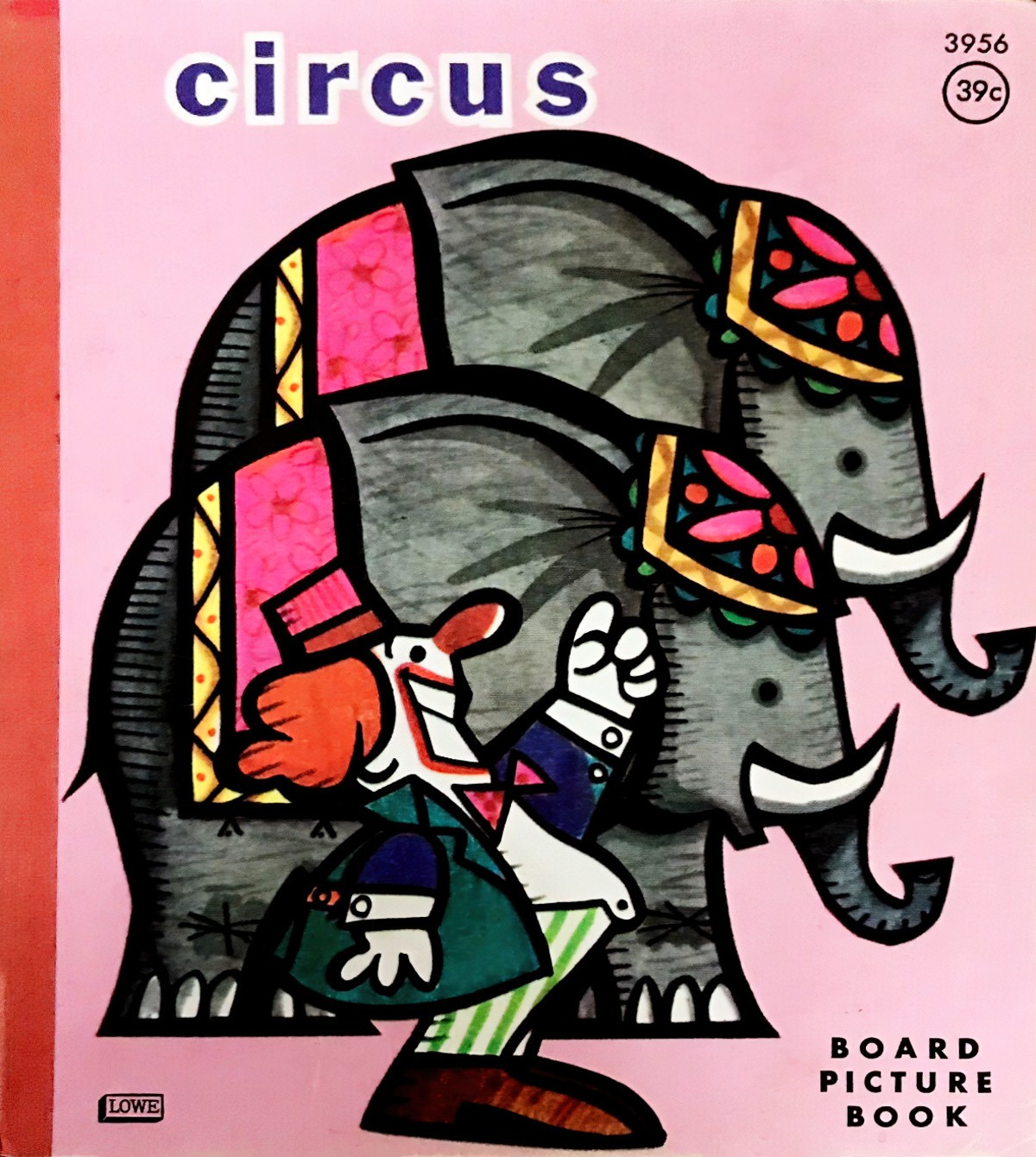
Behold, various illustrations of elephants.
-
Disorientation And Spatial Horror In Fiction
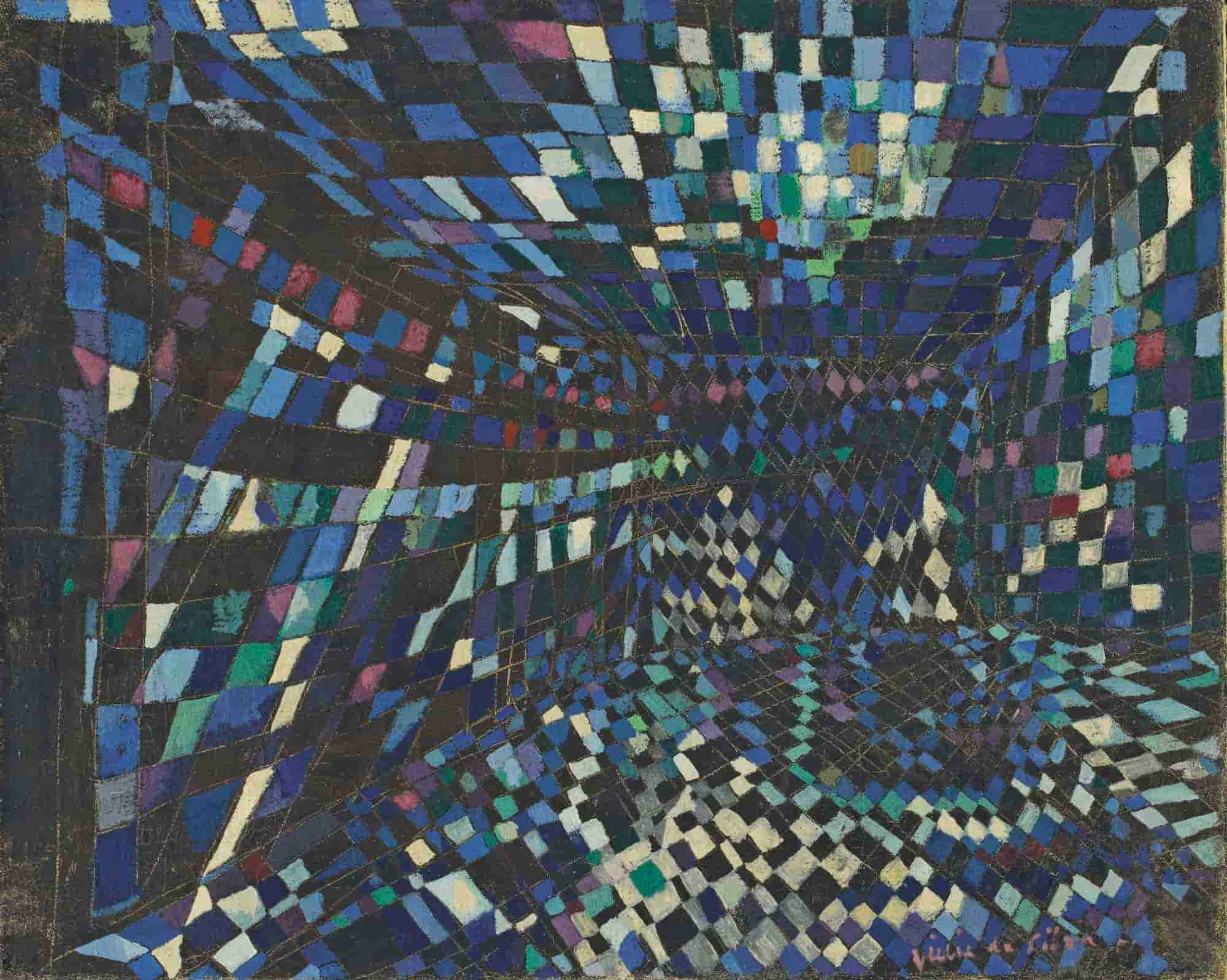
I’ve been thinking about ways in which a storyteller creates a sense of unease for the audience, but spatially. We might call this spatial horror. I’m talking about disorientation, dizziness, light-headedness, fear of falling, and various senses outlined in the graphic below.
-
Unappealing Cats In Illustration
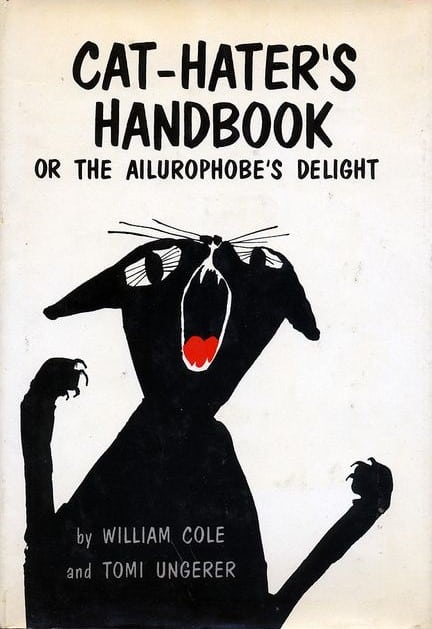
Considering how similar cats look in reality, breeding and colour differences aside, it’s surprising how illustrators come up with so many ways of depicting cats in art. Like any other fashion, cat faces have also changed according to era, even though the faces of actual cats have remained… the exact same. How Humans Created Cats: […]
-
White Outlines in Illustration
When illustrators use white outlines instead of the standard black, or near black, this conveys the look and feel of a traditional woodcut (or linocut) artwork. Since folk artists commonly used woodcuts to create their art, white outlines are therefore associated with folk art.
-
Interesting Science About Human Skin
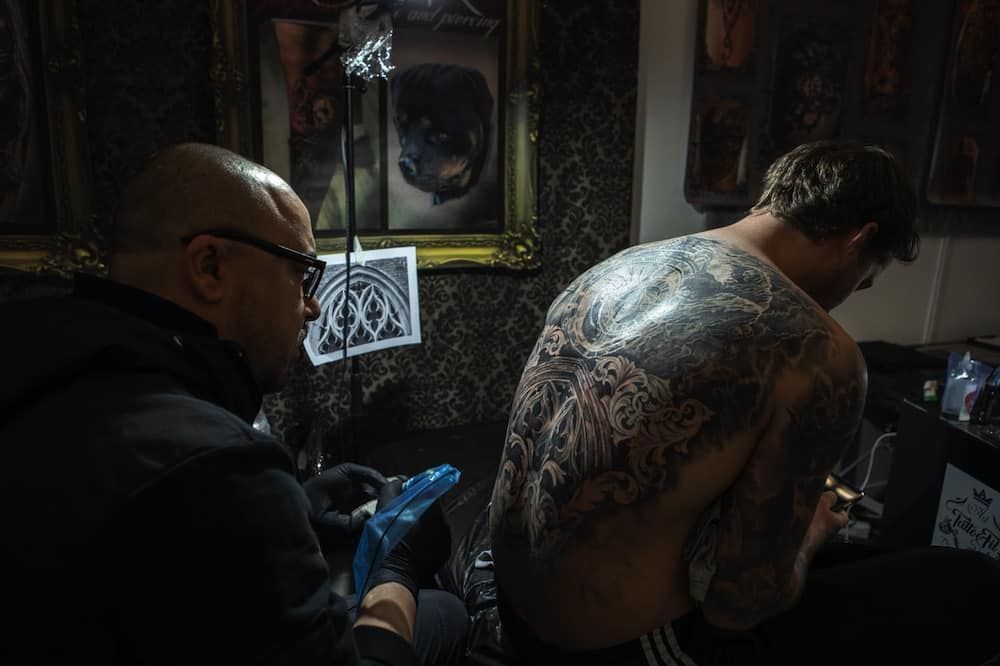
If you’re buying a gift for a young artist, a favourite of mine is a box of skin tone pencils or pens. My Crayola box of the 80s included a ‘skin’ colour — in reality no one’s skin — symbolically and problematically the crayon was ‘white skin’. An entire box of skin tones is a […]
-
Rabbits and Hares in Art and Storytelling
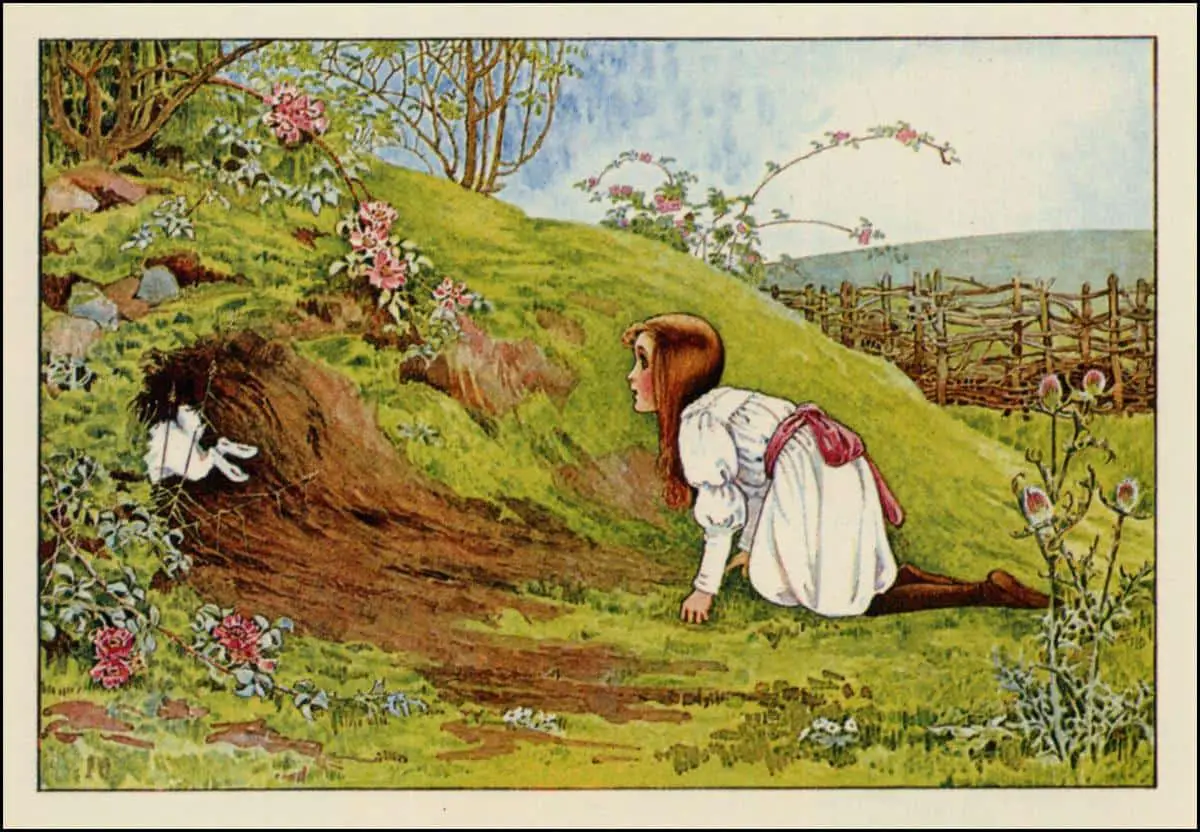
Rabbits are strongly associated with babies and early childhood. They appear often in stories and art for children. But what about hares?
-
Do Americans really frown with their mouths?
I saw this widely shared on Twitter and wondered if this frown analysis were an oversimplification of reality: On the other hand, it may be true. It would explain why (American-made) frowny emoticons have no eyebrows to speak of. This explains why the frowny emoticons have never looked satisfying to me. They just look mildly […]
-
Tom Barling Illustrations?
A while back I blogged about Thirteen O’Clock by Enid Blyton, illustrated by Tom Barling. There is remarkably little on the Internet about Tom Barling considering how much work he produced. Perhaps you are knowledgeable about this English illustrator and can tell us whether the following illustrations are indeed by him? We have good reason […]
-
The Gingerbread House In Hansel And Gretel
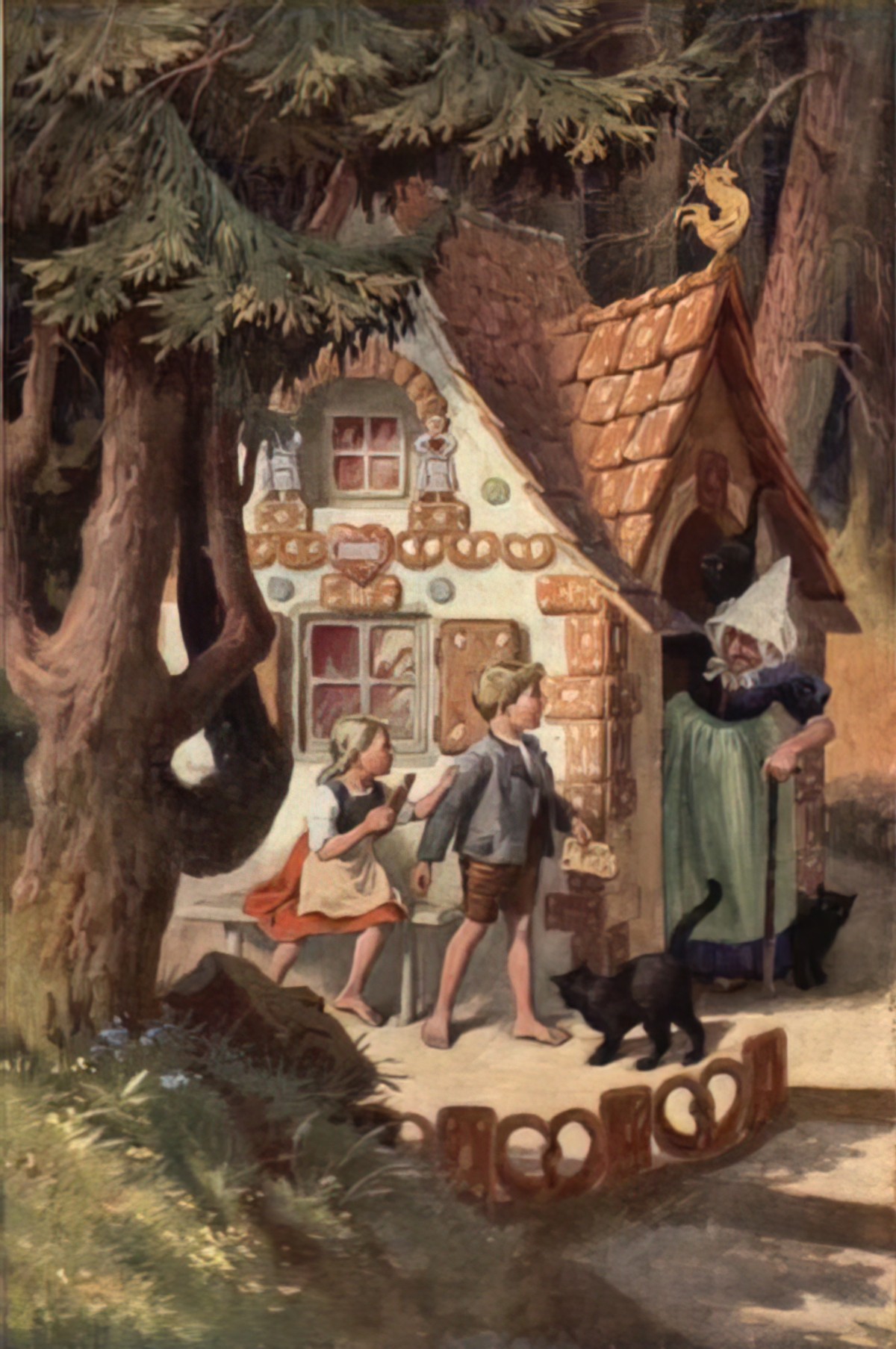
When artists choose to illustrate a single narrative moment, they make a choice of lasting importance, because their illustration creates a memorable impression for an entire story, one that visually anchors an impression of that story in its reader’s memory. Illustration history is full of such memorable moments. In the illustration history of Grimm’s Tales, one image predominates, that of…
-
Playfulness In Storytelling and Art
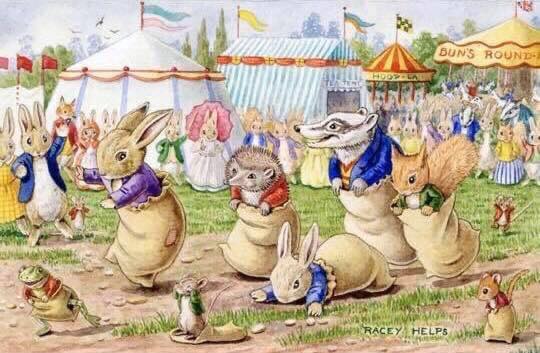
As God contains all good things, He must also contain a sense of playfulness — a gift he has shared with Creatures other than ourselves, as witness the tricks Crows play, and the sportiveness of Squirrels, and the frolicking of Kittens. Margaret Atwood PUTTING ON A SHOW PARTY GAMES PLAYING AT THE SEASIDE PLAYING GROWN-UPS […]
-
Great Gifts For Young Artists
I have a nine-year-old daughter who loves stationery. As a kid I loved stationery too, and now I am an illustrator. These days, if I’m buying for a young artist I give great gifts. (A #lessersuperpower?) I love buying art supplies almost as much as I love using them. Reason for this post: Stationery is […]